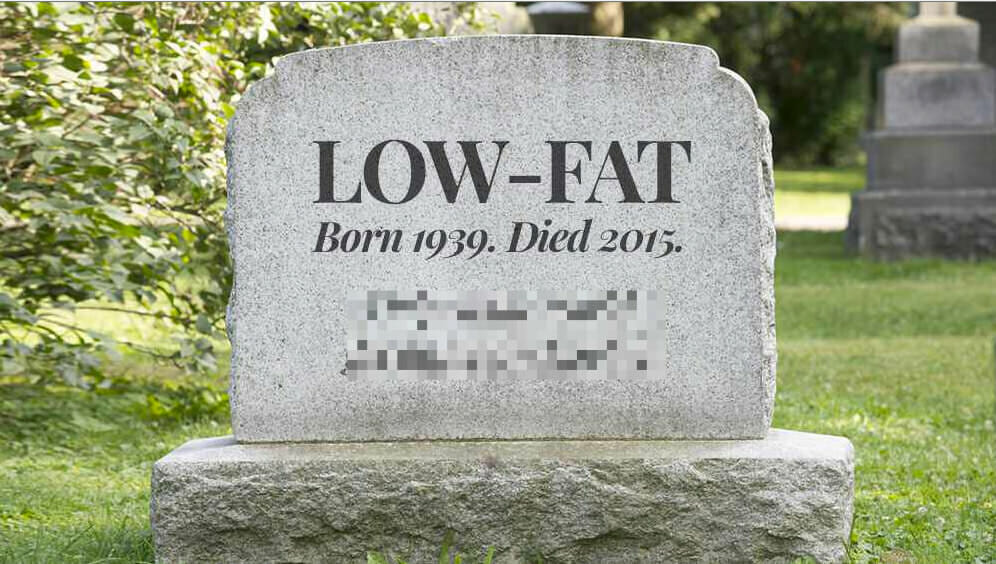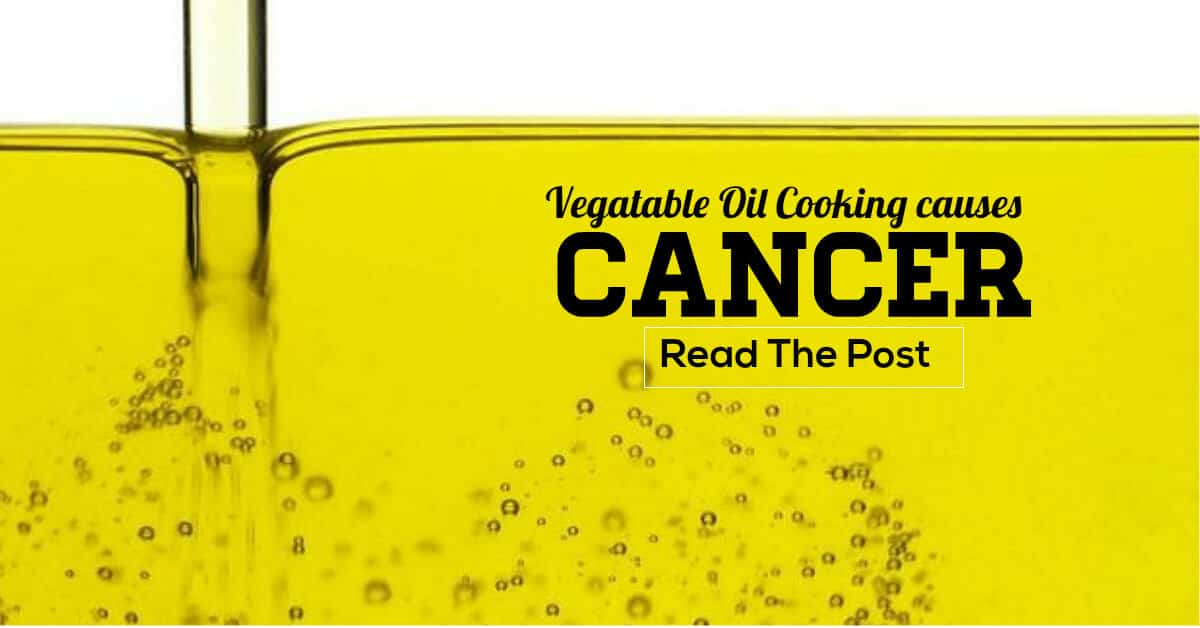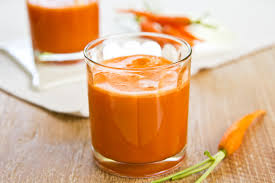Have you avoided butter in fear that it will cause you problems with your heart? What if you found out that the right kind of butter could actually promote heart health? Well good news butter lovers, the bad butter myth has been dispelled! Read on to break down the components of butter, and how grass fed butter actually benefits your heart health!
The cardiovascular disease epidemic started around 1920-1930 and is currently the world’s leading cause of death.
Somewhere along the way, nutrition professionals decided that foods like butter, meat and eggs were to blame.
According to them, these foods triggered heart disease due to the fact that they were high in hydrogenated fat and cholesterol.
However, we have actually been eating butter for thousands of years, long before cardiovascular disease ended up being a problem.
Blaming a brand-new health issue on old foods does not make sense.
As intake of standard fatty foods like butter decreased, illness like heart problem, obesity and type II diabetes went up.
The reality is, natural foods like butter have absolutely nothing to do with heart problems.
Hydrogenated fat is Not The Devil It Was Made Out to be
The Bad Butter Myth
The reason butter was demonized is because it is loaded with saturated fat.
However, a really high percentage of dairy products fat is saturated, whereas a big part of the majority of other animal fats (like lard) is also mono- and polyunsaturated.
Butter, being practically pure milk fat, is therefore very high in hydrogenated fat, the fatty acids in it being about 63 % saturated.
Nevertheless, that really is not a cause for issue. The whole hydrogenated fat, cholesterol and heart problem misconception has been completely exposed.
In reality, hydrogenated fats can improve the blood lipid profile:
They raise levels of HDL (the good) cholesterol, which is related to a lower risk of cardiovascular disease .
They alter the LDL from small, dense (bad) to Big LDL– which is benign and not related to heart disease.
Therefore, saturated fat is not a legitimate reason to avoid butter. It is completely benign … a healthy source of energy for the body.
Bottom Line: The misconception about saturated fat causing heart disease has been thoroughly unmasked. The research has shown that there is literally no association in between the 2.
Grass-Fed Butter is Crammed With Vitamin-K2, The Missing out on Nutrient That De-Calcifies Your Arteries
Many people have actually never ever come across Vitamin K, but it is among the most important nutrients for ideal heart health.
There are numerous forms of the vitamin. We have K1 (phylloquinone), which is found in plant foods like leafy greens. Then we have Vitamin K2 (menaquinone), which is discovered in animal foods.
Although the two forms are structurally similar, they appear to have different impacts on the body. While K1 is important in blood clot, Vitamin K2 assists to keep calcium out of your arteries.
High-fat milk products from grass-fed cows are amongst the best sources of Vitamin K2 in the diet plan. Other friendly sources include egg yolks, goose liver and natto– a fermented soy-based dish.
Vitamin K works by modifying proteins, giving them the ability to bind calcium ions. For this reason, it impacts all sorts of functions related to calcium metabolism.
One problem with calcium, is that it has the tendency to seep from the bones (triggering osteoporosis) and into the arteries (causing heart problem).
By enhancing your consumption of Vitamin K2, you can partly avoid this procedure from taking place. Researchers regularly reveal that Vitamin K2 drastically reduces the danger of developing a disease
In the Rotterdam research, which examined the results of Vitamin K2 on heart disease, those who had the greatest consumption had a 57 % lower risk of passing away from heart disease and a 26 % lower risk of death from all causes, over a 7-10 year period .
Given how extremely protective Vitamin K2 is, the advice to avoid butter and eggs might have actually fueled the heart problem epidemic.
Bottom Line: Vitamin K2 is a nutrient that most individuals aren’t sure about, however it is one of the most essential nutrients in the diet for heart and bone health.
Butter is Loaded With an Anti-Inflammatory Fatty Acid Called Butyrate
Factors Aside from Cholesterol at Play
In the previous few years, heart problems have been thought to be mostly brought on by raised cholesterol.
However, new research studies are showing that there are a lots of other factors at play.
Among the primary ones is inflammation, which is now believed to be a leading cause of cardiovascular disease .
Obviously, swelling is very important and assists protect our bodies from injury and infections. However when it is excessive or directed versus the body’s own tissues, it can trigger serious harm.
It is now understood that swelling in the endothelium (lining of arteries) eventually leads to plaque formation and cardiac arrest (21).
One nutrient that appears to be able to combat inflammation is called butyrate (or butyric acid). This is a 4-carbon long, short-chain saturated fatty acid.
Butyrate is potently anti-inflammatory
One of the factors that may lower cardiovascular disease threat are the germs in the intestine which digest some of the fiber and turn it into butyrate.
Bottom Line: Butter is a fantastic source of a short-chain fatty acid called butyrate, which assists combat swelling.
In Countries Where Cows Are Grass-Fed, Butter Usage is Related to a Dramatic Decrease in Heart problem Risk
Cow
The nutrient structure and the health results of dairy products can vary considerably, depending on what the cows ate.
In nature, cows used to roam free and eat grass, which is the “natural” source of food for cows.
However, livestocks today (particularly in the U.S.) are mostly fed grain-based feeds with soy and corn.
Grass-fed milk is much greater in Vitamin K2 and Omega-3 fats, nutrients that are unbelievably important for the heart.
In general, there is no favorable association between milk fat and heart disease, although high-fat dairy products are related to a minimized danger of weight problems.
However if you look at some nations where cows are normally fed grass, you see an entirely different result. Cows fed grass which produced milk products, show to lower the the threat of disease in those that eat the most of their products. Many European nations show the same results.
So in conclusion, you cant always believe the hype about this food or that food causing disease. In fact, in this case, the authorities were dead wrong. Opt for butter from grass fed cows, and enjoy with vegetables, lean proteins, or whatever you taste buds fancy. Learn more interesting butter facts below:






